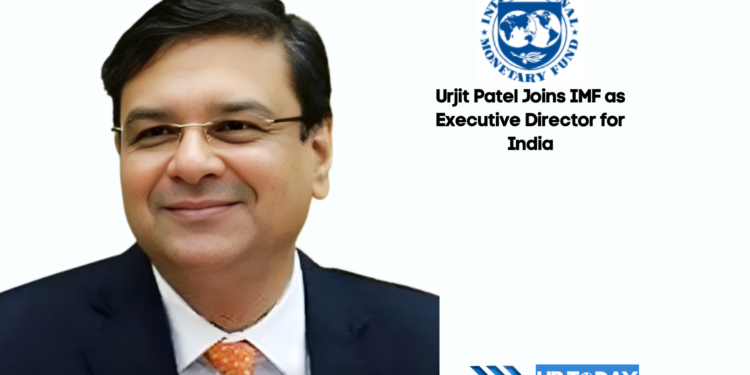New Delhi, India, August 2025 — Urjit Patel, former Governor of the Reserve Bank of India (RBI), has been appointed as the Executive Director for India at the International Monetary Fund (IMF). His appointment, cleared by the Appointments Committee of the Cabinet, will see him serve a three-year tenure or until further orders. In this role, Patel will represent India’s position on crucial matters including global financial stability, international lending, and policy frameworks that impact emerging economies.
Patel’s appointment comes at a significant moment for India’s global financial engagement, especially with IMF programs under scrutiny in the region. He will play a pivotal role in ensuring that India’s stance on responsible and transparent international lending, particularly in cases involving bailout packages and climate-linked credit lines, is firmly represented on the global stage.
With an illustrious career spanning leadership in central banking, financial policy, and governance, Patel brings deep expertise to his new role. He has been Chairman at the National Institute of Public Finance and Policy, New Delhi since 2020, Advisor to the Army Group Insurance, New Delhi since 2019, and serves as Non-Executive Director at Britannia Industries Limited since 2024. His tenure as RBI Governor was marked by decisive policy-making, strengthening monetary frameworks, and fostering financial stability in India.
A distinguished academic, Patel earned his PhD in Economics from Yale University, an MPhil in Economics from the University of Oxford, and pursued further studies at Queen Mary University of London. His academic background, combined with practical expertise in policy and financial governance, uniquely positions him to shape India’s engagement with the IMF and global economic institutions.
About International Monetary Fund
The International Monetary Fund (IMF), established in 1944 as part of the United Nations system, plays a critical role in maintaining the stability of the international monetary system. With 190 member countries, it supports economic stability by providing policy advice, temporary financial assistance, and training to strengthen national institutions. The IMF also serves as a global forum for discussions on macroeconomic and financial issues while promoting sustainable economic growth and financial resilience worldwide.
Read Also : When HR “Produces Nothing”: A Response to Jennifer Sey’s Anti-HR Vision
The Fine Balance: Navigating Work, Life, and Mental Wellbeing
Mind the Leadership Gap – From Learning to Real-World Impact
How the Adecco Group is empowering its employees for the future of work











